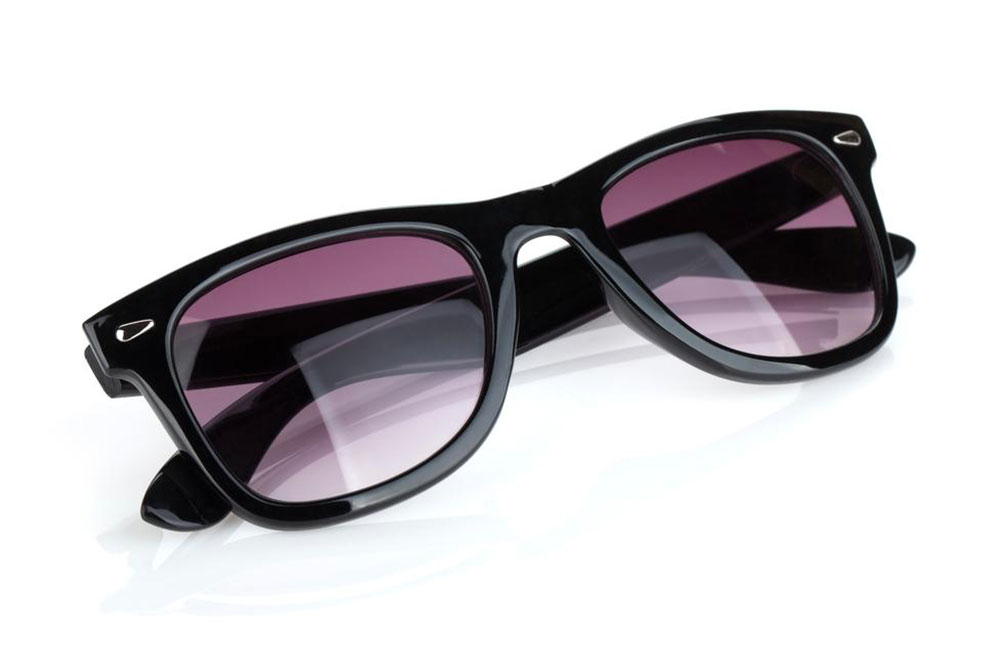Benefits and Drawbacks of Polarized Eyewear
Explore the key advantages and disadvantages of polarized sunglasses, ideal for outdoor use and eye protection. Learn how they reduce glare and improve clarity, while also understanding their limitations in low-light conditions and screen viewing. Make informed decisions with our comprehensive guide.

Benefits and Drawbacks of Polarized Eyewear
Having the right sunglasses is essential whether you're hiking in the mountains or cruising down open highways. They not only enhance your vision but also safeguard your eyes from harmful rays. You may have come across polarized sunglasses before. Let’s explore their advantages and potential disadvantages so you can make an informed choice.
Understanding polarized sunglasses
Light scatters when it hits rough surfaces like buildings or trees. However, when sunlight reflects off smooth, shiny surfaces such as water or a car hood, it creates intense glare that can impair vision.
This reflected light travels directly into our eyes without scattering, resulting in glare. Polarized lenses are designed with a special filter that blocks horizontally oriented light, effectively reducing glare and enhancing clarity. These lenses contain laminated filters that mitigate horizontal light waves.
Advantages of polarized sunglasses
Ideal for outdoor enthusiasts, polarized sunglasses feature coatings that improve visual clarity in bright conditions. They provide better contrast, reduce eye fatigue, minimize reflections, and diminish glare, offering a more comfortable viewing experience.
Potential drawbacks of polarized sunglasses
While effective at reducing glare and eye strain, polarized eyewear has some limitations. They may interfere with viewing LCD screens clearly and can react negatively to certain windshield tints, making them less ideal for driving. Additionally, their dark lenses can diminish visibility in low-light settings, so avoid wearing them at night. Not all sunglasses are polarized; only those specifically labeled as such contain polarized lenses. Regular sunglasses mainly block UV rays but don’t eliminate glare, so check the label if polarization is important to you.
Remember, our website offers diverse information for educational purposes. While our team strives to provide accurate insights, always verify details from multiple sources before making a purchase. We are not responsible for inaccuracies or differences in available data, nor for promotional schemes not covered here.










